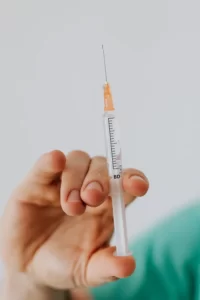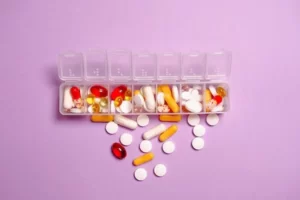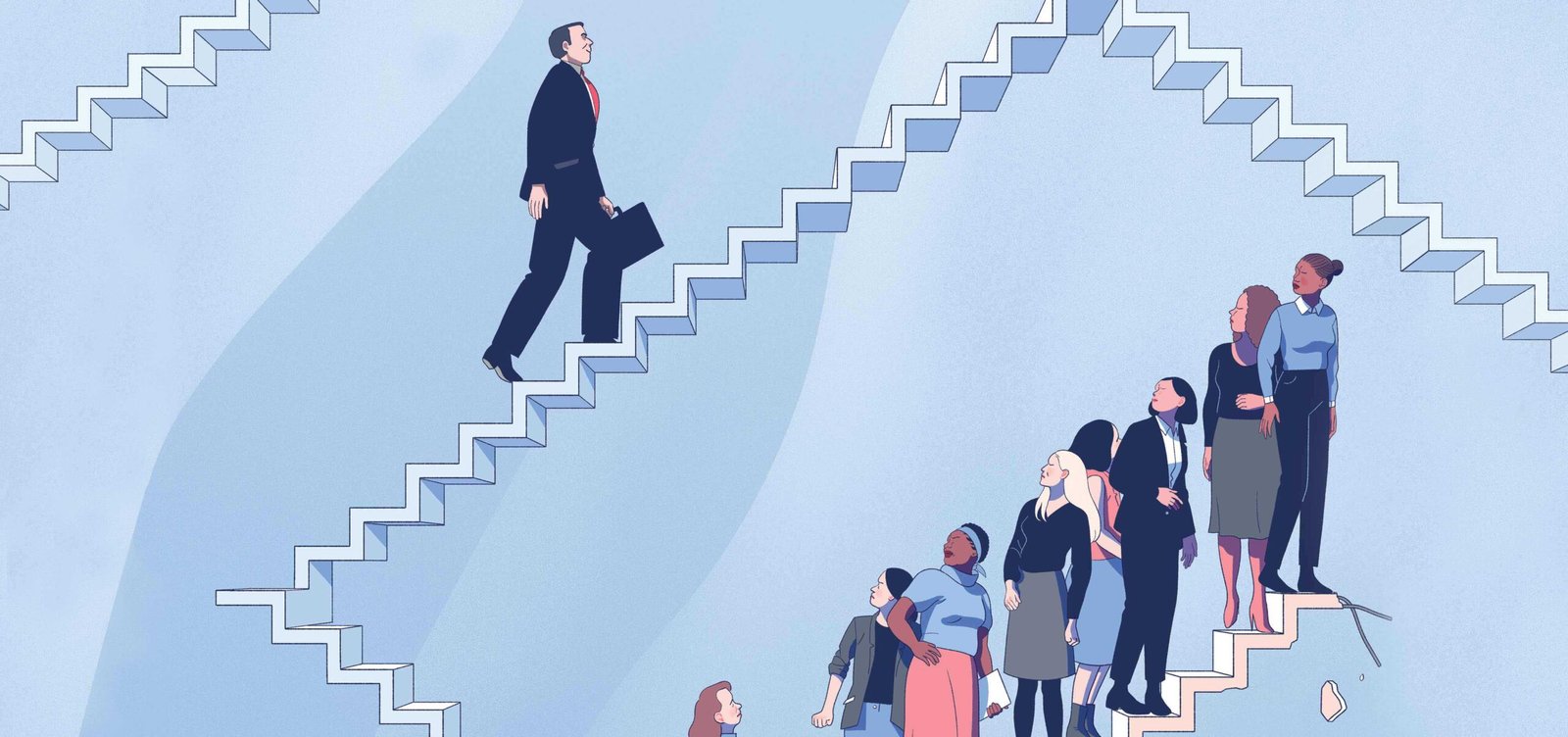Unpacking the Importance of the 20 Key Judgments for Empowering Drug Policy
Moment marks the periodic festivity of World Drug Day, and it’s an especially important one this time. On this day, the transnational community is coming together to reflect on the significance of the 20 crucial Judgments on Empowering Drug Policy.
This blog post will take a near look at these 20 crucial Judgments and bandy how they’re furnishing guidance on how to produce better medicine programs that empower individualities and communities.
With their implicit to transfigure the way we view and approach medicine policy, the 20 crucial Judgments are an important piece in the mystification of establishing a more indifferent and effective medicine policy.
1) Understanding World Drug Day and Its Significance :

World Drug Day is observed on June 26 every time, and is an action of the United Nations General Assembly to raise mindfulness about the dangerous goods of medicine abuse and lawless trafficking.
The day also highlights the need for an Empowering Drug Policy that promotes the health and weal of individualities and communities, while contemporaneously diving the global medicine problem. medicine abuse is a major challenge that affects people across the globe, leading to multitudinous social, profitable, and health consequences.
It’s a complex issue that requires amulti-dimensional approach to address, which includes forestallment, treatment, and detriment reduction strategies. An Empowering Drug Policy is one that takes into account these confines, and provides a comprehensive and balanced approach towards addressing the medicine problem. On World Drug Day, the focus is on promoting an Empowering Drug Policy that empowers individualities and communities to take responsibility for their own health and good.
This involves icing access to essential services similar as treatment and recuperation, and also working towards reducing the damages associated with medicine use, similar as HIV/ AIDS and other contagious conditions. also, an Empowering Drug Policy emphasizes the need for collaboration and hookups between governments, civil society associations, and the private sector to address the medicine problem. This requires collaborative action and responsibility from all stakeholders, including governments, civil society, and the private sector.
2) The significance of Empowering Drug Policy :

Drug policy has been a controversial content for decades, with colorful stakeholders proposing and enforcing measures aimed at reducing medicine abuse and its negative impacts on society. still, the effectiveness of these programs has been limited due to a lack of commission, which is necessary to address the underpinning causes of medicine abuse.
Empowering medicine Policy is vital as it recognizes that medicine abuse is a complex social issue that requires amulti-dimensional approach that considers the social, profitable, and artistic factors that contribute to it. An empowered medicine policy seeks to produce an enabling terrain that fosters a sense of social responsibility, promotes addition, and supports individualities’ autonomy to make informed choices.
Empowering Drug Policy acknowledges the mortal rights and quality of all people who use medicines and provides access to healthcare services that prioritize their good. The policy emphasizes the need for community participation, encouraging individualities, families, and communities to share in designing and enforcing programs that promote detriment reduction and access to healthcare.
3) discharging the 20 crucial Judgments on World Drug Day :
As we mark World Drug Day, it’s pivotal to claw into the significance of the 20 crucial judgments. These judgments were released by the Global Commission on Drug Policy and give a roadmap for effective medicine policy that promotes health and mortal rights. originally, the judgments emphasize the need for medicine programs that prioritize public health and mortal rights over felonious justice and discipline.
This means that people who use medicines shouldn’t be stigmatized or criminalized but rather handed with applicable health services and support. Secondly, the judgments stress the significance of medicine policy being substantiation- grounded and informed by scientific exploration.
It’s essential to fete the complications of medicine use and address them with programs that are effective in reducing detriment and addressing root causes. Thirdly, the judgments admit the need for inclusive and different participation in medicine policy decision- making processes. This means involving people who use medicines, affected communities, and experts in medicine policy reform conversations.
The fourth crucial judgment stresses the significance of promoting social justice in medicine policy. It highlights the need to address the systemic inequalities that contribute to medicine- related damages and acknowledges that people from marginalized communities are disproportionately affected by medicine programs.
The fifth and final crucial judgment focuses on the need for transnational cooperation and responsibility in medicine policy reform. It emphasizes the need for collaborative action among nations to attack medicine- related issues, and for responsibility mechanisms that insure progress towards further effective medicine programs.
4) The Impact of these Judgments on Current medicine Policy:
The 20 crucial judgments blazoned on World Drug Day serve as a significant corner in empowering medicine policy and bringing about change in the global medicine script. The impact of these judgments can be felt across the world, as they outline the necessary way to produce a world where medicine use is viewed as a health issue rather than a felonious bone.
The crucial judgments address colorful aspects of medicine policy, including detriment reduction, mortal rights, and decriminalization. One of the most important judgments is that the world should move towards legalizing and regulating medicines, which would reduce the power of felonious associations and increase access to quality- controlled substances.
The judgment recognizes that medicine use is a complex issue and requires nuanced policy measures, including social and profitable programs, that focus on reducing medicine- related detriment. Another pivotal judgment calls for the end of the criminalization of medicine druggies, particularly in the environment of particular use. It highlights the negative consequences of criminalizing medicine druggies, similar as stigmatization and demarcation, which help individualities from penetrating healthcare services.
It further recognizes that medicine use and dependence are complex issues that bear compassion, treatment, and support rather than discipline. The impact of these judgments can be felt encyclopedically as countries are moving towards further progressive medicine programs. In countries like Portugal and Canada, where medicine use has been interdicted, medicine- related damages have dropped, and individualities who use medicines can pierce healthcare services without fear of discipline.
still, despite these positive developments, there’s still a long way to go before medicine policy is truly empowering. In numerous countries, medicine druggies are still criminalized, and medicine programs are driven by testament rather than substantiation- grounded practices.
The crucial judgments on World Drug Day should serve as a call to action for governments, NGOs, and communities to work together towards creating further humane medicine programs that prioritize health and good over discipline. Overall, the impact of these crucial judgments can not be understated.
They represent a turning point in global medicine policy, pressing the need for a more compassionate and substantiation- grounded approach to medicine use. We must continue to make on these judgments and work together to produce programs that empower medicine druggies and prioritize their health and good.
5) The Need for Collaborative Action and Responsibility :
While the 20 crucial Judgments released on World Drug Day represent a significant step forward for medicine policy, there’s still a need for collaborative action and responsibility to insure that these principles are upheld and restated into action.
originally, governments, policymakers, and other stakeholders must work together to apply the crucial judgments into being medicine programs. This means investing in substantiation- grounded strategies that prioritize detriment reduction and health issues for individualities who use medicines.
It also means furnishing coffers and support for medicine treatment and recovery services, as well as education and mindfulness juggernauts that reduce smirch and promote compassion for those affected by medicine use. likewise, collaborative action is demanded to address the systemic inequalities and mortal rights abuses that have redounded from the failed war on medicines.
This includes feting the disproportionate impact of medicine programs on marginalized communities and enforcing measures to promote equity and social justice in medicine policy. Responsibility is also pivotal for icing that medicine programs are aligned with mortal rights principles and substantiation- grounded practices.
This includes monitoring and assessing medicine policy issues, as well as holding governments and other stakeholders responsible for the impacts of their programs on individualities, families, and communities. Eventually, the 20 crucial Judgments represent a roadmap for empowering medicine policy that prioritizes mortal rights, public health, and social justice.
But to turn this vision into a reality, collaborative action and responsibility are demanded at every position of society. As individualities, we can all play a part in championing for substantiation- grounded medicine programs that prioritize detriment reduction, equity, and compassion.
Conclusion:
The 20 crucial Judgments on World Drug Day serve as a memorial of the significance of substantiation- grounded and humane medicine programs.
They call for a shift from a corrective and prohibitionist approach to one that prioritizes health, mortal rights, and social justice. These judgments emphasize the need to involve people who use medicines, affected communities, and civil society associations in policy development and perpetration.
They punctuate the detriment reduction approach, which recognizes that medicine use exists and aims to reduce its negative consequences without judgment or smirch.
ALSO READ:New Ministry Sets Up Panel Comprising ASG And elderly lawyers To Recommend In Arbitration Law








